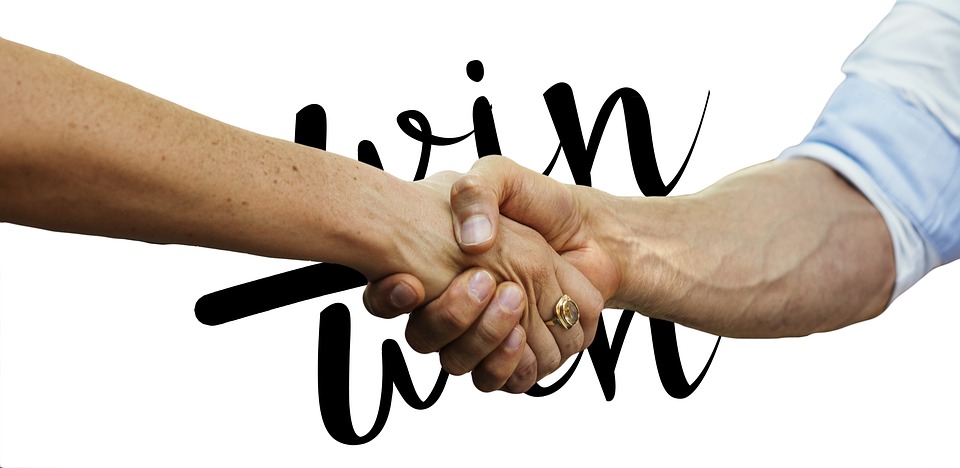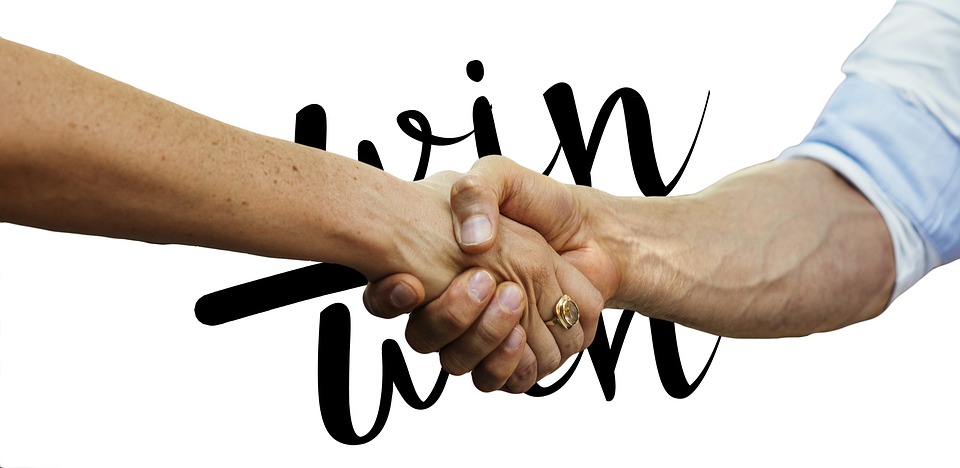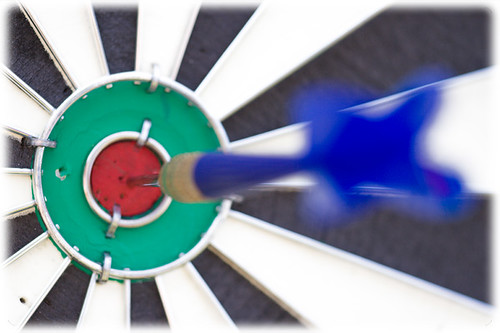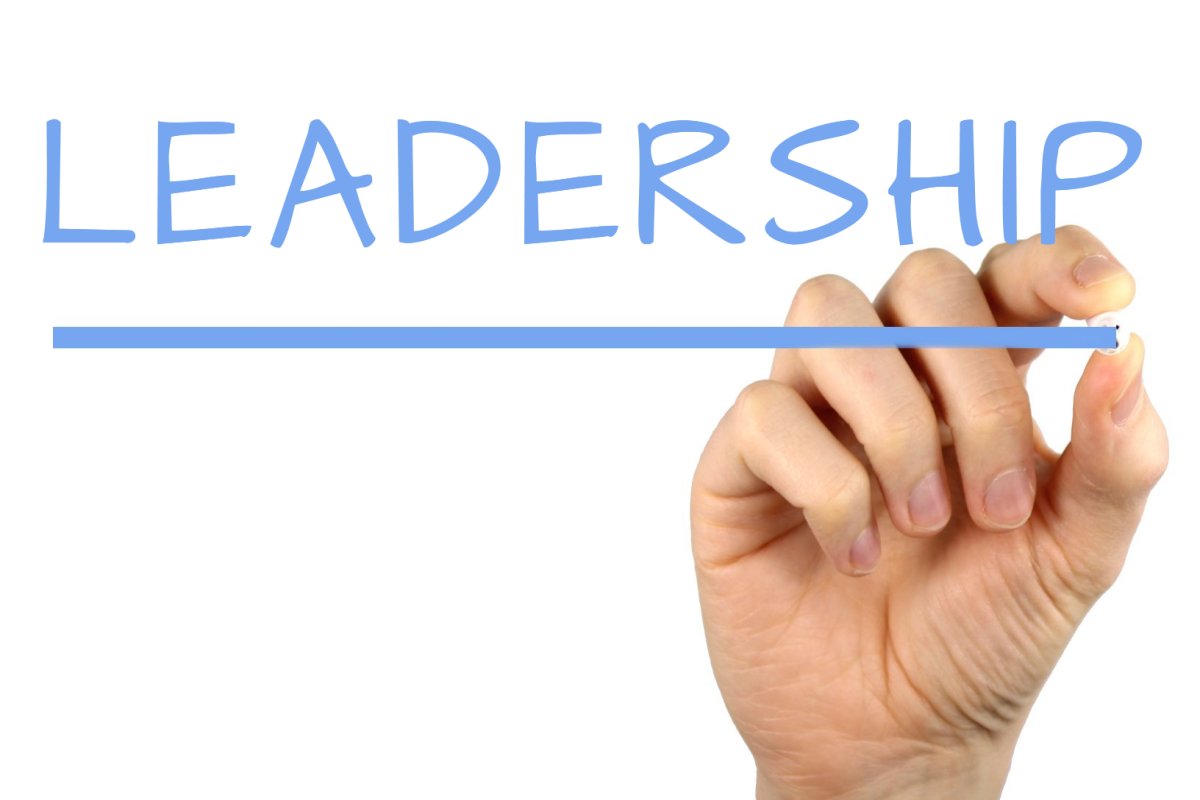Empowering Employees with a Win-Win Mentality
Be proactive, begin with the end in mind, and put first things first - these are the first three habits discussed in Dr. Stephen Covey’s book, The 7 Habits of Highly Effective People. These three habits center around leading ourselves and developing character, and can be practiced fairly independently.
The next habit, “Think Win-Win,” builds on these three habits, but it is about interdependence - working with others to be effective together - a necessary skill in any negotiation, and especially in business. Whether you’re solving an internal problem with your team, or working through the details of a contract with a customer, aiming for a “win-win” situation will always lead to the most effective outcome.
It can feel counterintuitive in a fast-paced and competitive culture - but when we are courageous enough to say what we want and considerate enough to listen to what others want as well, we will arrive at solutions that will be mutually beneficial for everyone. The application of this way of thinking is fairly simple when it comes to negotiating a contract: two parties come to the table; you each want something; you work together to create an arrangement that ensures your individual somethings. Win-Win!
But to be truly effective in the workplace, a “win-win” mentality needs to permeate your entire organization, as well. This requires three characteristics of behavior from your employees: integrity (ethics), clarity (clear communication and mutual respect for one another), and an “abundance” mentality ( understanding that we function as a team; when one of us wins, we all win.) When our teams understand that each team member’s personal success allows for everyone’s success and that another team member’s success will also enable their personal success, it creates an intrinsic motivation to perform well that replaces competition with co-operation and removes the need for micromanagement.

So how do we create this sort of culture at work?
This is where the first three habits come into play:
1) being proactive gives you the power to act
2) beginning with the end in mind helps you clearly focus on the purpose for action
3) putting first things first drives a plan/process for action
Again, these principles are easy to grasp but difficult to apply where they are not habitual. They’re needed in situations throughout your organization; when you’re negotiating the big contract: for example, when an employee is underperforming, when conflicts arise between team members, or when innovative solutions are needed for a complicated problem.
When “Win-Win” is a cultural habit, then expectations are clear and self-motivating; goals are achievable when everyone leans in to help each other, and hard conversations become less about power (getting someone to do what you want them to do) and more about empowerment (helping someone achieve their potential).
-------------
Bill Edgar is a Vistage Florida Chair in North Central Florida. He consistently works to aid each of his members in becoming better leaders, making better decisions, and getting better results. Connect with Bill on LinkedIn.









